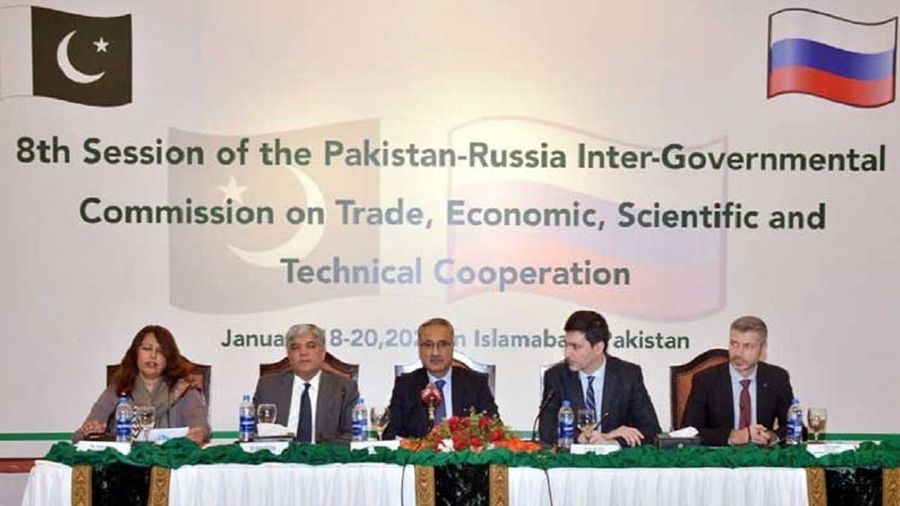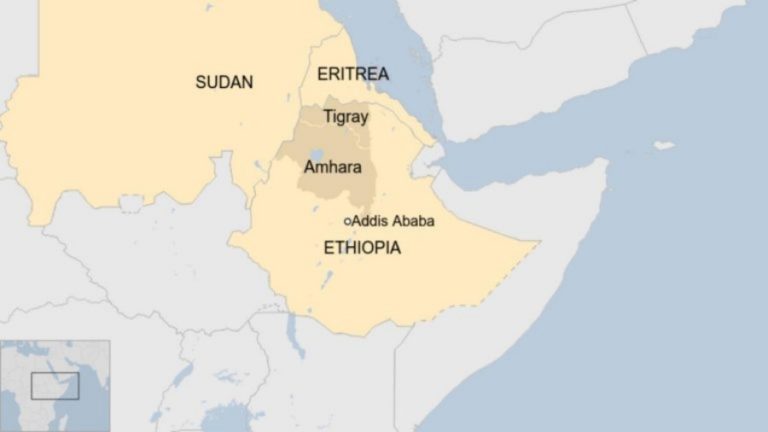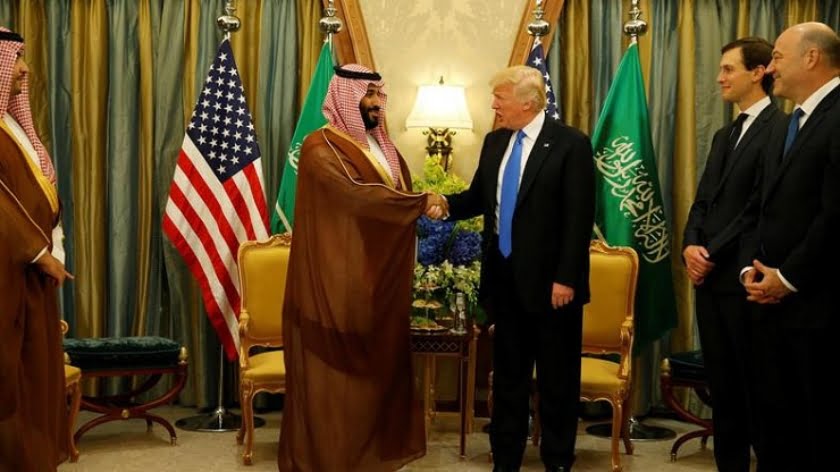Russian-Pakistani Economic & Energy Cooperation Just Took a Great Leap Forward
It’s still too early to render judgement on Pakistan’s de facto most powerful official since he only just assumed office, yet the great leap forward in mutually beneficial economic and energy cooperation with Russia this week suggests that new COAS Munir isn’t as partisan as his predecessor. This observation doesn’t mean that he’s from the multipolar school of thought within his country’s Establishment, but just that he thus far doesn’t seem to be the pro-US wrecking ball that former COAS Bajwa was since last April.
The outcome of this week’s latest intergovernmental commission mission between Russia and Pakistan in Islamabad was a great leap forward in terms of their mutually beneficial economic and energy cooperation. Russian Energy Minister Nikolay Shulginov was upbeat before they began in remarks that he shared with The Nation a few days back, which turned out to be prescient seeing as how both sides ultimately reached a solid understanding about the future direction of their respective ties.
The Express Tribune reported that “Pakistan and Russia agreed to strengthen energy cooperation, enhance energy trade and broaden energy infrastructure investment based on strategic and favourable commercial terms.” Pakistan will also pay for Russian energy using the currency of friendly countries, which could refer to China’s and/or the UAE’s considering those two’s closeness to each of them. Furthermore, these non-traditional partners also hope to further diversify mutual investments.
What’s so remarkable about this outcome of their latest meeting is that it represents the complete opposite of the reported flop that took place late last year in the Russian capital when a Pakistani delegation was dispatched there to discuss energy purchases. Islamabad subsequently sent mixed signals about the success of its representatives’ trips while Moscow remained mum, which led many to suspect that things didn’t go like Pakistan planned.
In the nearly two months since, however, it’s clear that whatever obstacles might have previously impeded their mutually beneficial cooperation were overcome. More than likely, what happened was that new Pakistani Chief Of Army Staff (COAS) Asim Munir who assumed office right around the time of the aforementioned flop personally invested in ensuring that the follow-up talks with Russia would succeed. If that’s what happened, then it means that he’s trying to fix some of his predecessor’s mess.
After all, former COAS Qamar Javed Bajwa was implicated by many as the top domestic force behind last April’s US-orchestrated post-modern coup against former Prime Minister Imran Khan, which catalyzed cascading crises that destabilized Pakistan and threatened to also ruin its relations with Russia. That latter vector of its recent foreign policy was obviously neglected after April, ergo the failed energy talks from late last year, yet now seems to be on the rebound under COAS Munir.
It’s still too early to render judgement on Pakistan’s de facto most powerful official since he only just assumed office, yet the great leap forward in mutually beneficial economic and energy cooperation with Russia this week suggests that he’s not as partisan as his predecessor. This observation doesn’t mean that COAS Munir is from the multipolar school of thought within his country’s Establishment, but just that he thus far doesn’t seem to be the pro-US wrecking ball that former COAS Bajwa was since last April.
Of course, what matters most for average Pakistanis isn’t the foreign deals that their new COAS cuts, but whether he’ll finally comply with the vast majority’s will to hold truly free and fair elections as soon as possible in order to help their country recover from the cascading crises catalyzed by his predecessor. That remains to be seen, and even if COAS Munir has such intentions, he might have to fight tooth and nail against former COAS Bajwa’s “agents of influence” within the Pakistani Establishment.
Still, at least on the foreign policy front as proven by the great leap forward in relations with Russia this week and Pakistan having yet to go through with its threatened “special military operation” in Afghanistan despite the US’ urgings (which could always still happen of course), there are reasons for cautious (key qualifier) optimism. This week’s extremely positive outcome couldn’t have occurred without COAS Munir’s blessing, for which he deserves credit.







